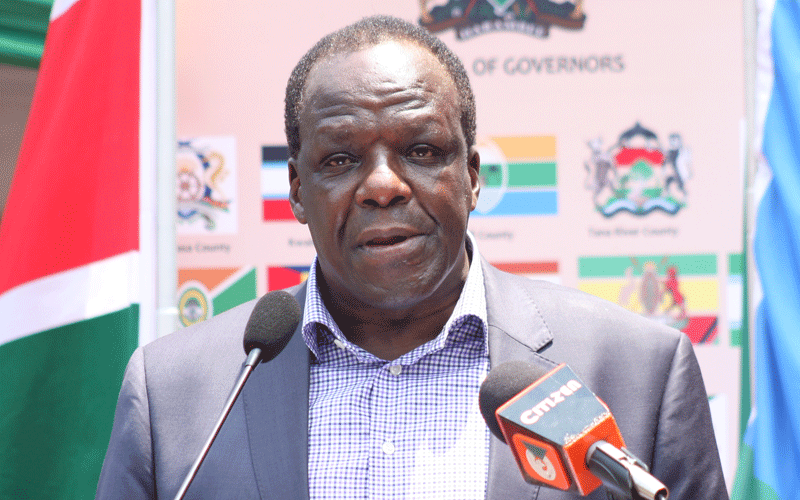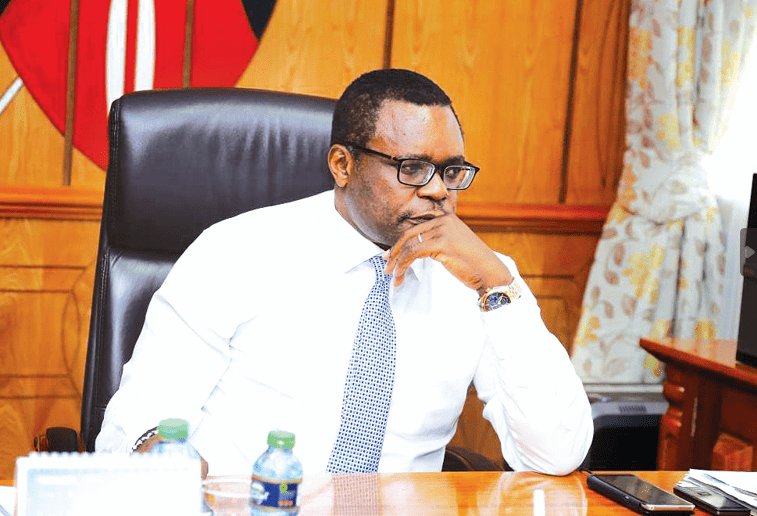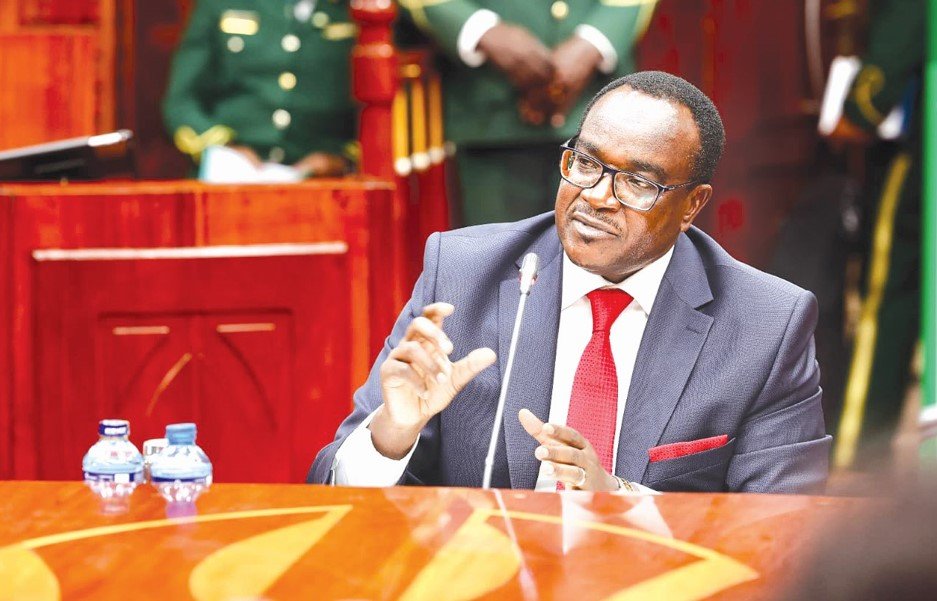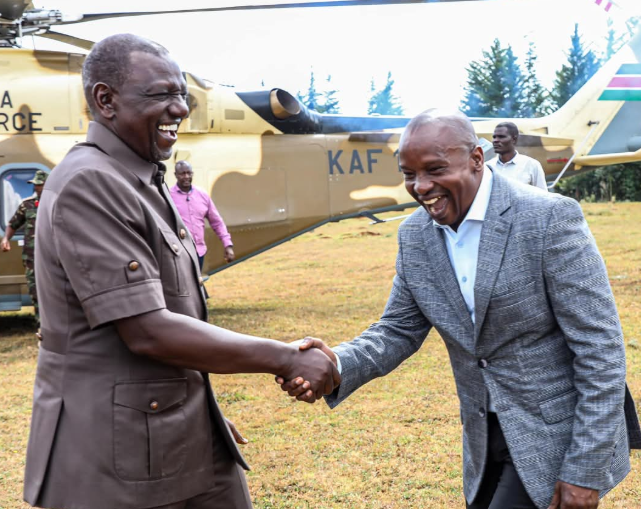Governors back amendment that increases allocation

Governors have thrown their weight behind nominated Senator Petronilla Were’s amendment on county revenue allocation, which seeks the approval of the House to have the second generation formula retained in sharing out the Sh316.5 billion to the counties this financial year.
In the longer term, Were wants the revenue allocation to the devolved governments to increase to Sh348 billion.
Speaking yesterday at his Karen residence, Council of Governors (CoG) chairman, Wycliffe Oparanya said Were’s is the best way of ensuring counties get money to settle bills that run into billions of shillings, including salaries.
He called on the senators to pass the amendment counties as they continue to discuss the controversial Third Basis of Revenue Allocation.
“ I urge the legislators to move with speed to approve the amendment by Senator Were because this is what we support so that counties can get the much needed funds to run their activities.
We have insisted that what we want is money. “If the new formula is not passed we can continue using the old formula in the meantime as we wait for agreement and passing of the one that proposes to increase the money to the counties,” he said even as some MPs in Nyamira and Kiambu termed the Senate as an impediment to devolution, and even suggested its dissolution.
Were wants the Sh316.5 billion allocated to counties in this financial year shared using the second generation formula.
She says the formula developed by the Commission on Revenue Allocation (CRA) should only apply if the money is raised to Sh348 billion.
Oparanya said the amendment to the Finance Committee’s report as suggested by Were is important to the counties.
“That’s the proposal I want to support because it means more money to the counties.
We are left wondering, why focus should be on just Sh316 billion when there’s a whole Sh3 trillion in the national budget, which, is just 10 percent of the county budgets on comparison,” the CoG chairman, also Governor of Kakamega said.
Last week, the National Treasury released some Sh62 billion, but by Friday the counties had not accessed the money, allegedly because the Ifmis had not opened.
“Since 2013, when we started to implement devolution, money has never flowed into the counties seamlessly.
We are urging the law makers to look into this. Ifmis was closed in June, July and now, half of August,” he said.
Were’s proposal partly aligns with CRA’s latest idea on the formula that has generated more heat.
Third basis
“There will be no vacuum in law if the Senate does not by resolution determine the third basis for allocating revenue to counties.
The Senate, therefore, has a window to use the second revenue sharing basis to allocate money to counties for the financial year 2020/21,” the commission said.
In Nyamira, North Mugirango MP Joash Nyamoko told leaders from Mt.Kenya region that stands to benefit not to be selfish.
“It was indeed shameful that leaders from Mt Kenya wanted to be given a lion’s share when it comes to the sharing of Revenue Allocation and yet since independence their region has been favoured when it comes to development matters,” he added.
“We want regions that have been disadvantaged when it comes to revenue allocation to be given more money.
“In Central Kenya, we have the best roads, schools, water is everywhere, electricity is everywhere and have good health institutions.
What do they really want when they are again protesting that they need more funds,” he stated even as his Limuru counterpart, Peter Mwathi suggested the Senate be dissolved.
“I am going to push for the inclusion of the disbandment of the Senate in the Building Bridges Initiative (BBI) when it comes up for national discussion,” he told People Daily.
“Doing away with it will actually save the country a lot of money which is normally allocated to the senate to do what parliament can do better,” he said even as Ford Asili Chairman, Njeru Kathangu questioned the criteria used by the Treasury to fund national government projects. – Reporting by George Kebaso, Evans Nyakundi, Clement Kamau and Irene Githinji











